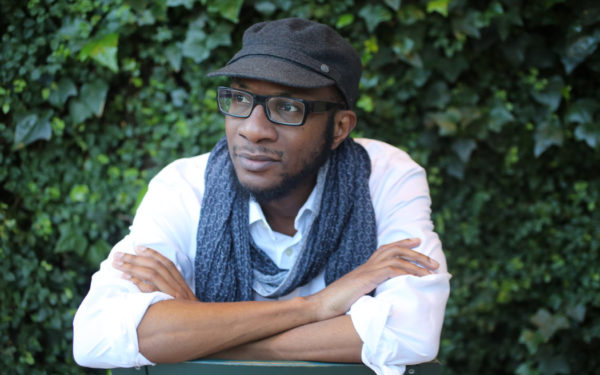
Enough of books, let’s talk music. Or let’s read writers talking music. So what happens when writers talk music? Here at Brittle Paper, we try to keep things fun, so we’re launching a weekly series where we collect comments by writers on music. This week, it’s Teju Cole and Imbolo Mbue. Do they love the music we love? Does Teju bob his head when WizKid’s “Ojuelegba” comes on, or throw his hands in the air and sing along to Fela’s “Zombie”? And does Imbolo have any million-dollar Makossa moves? Plus, what song did she celebrate with when Oprah picked her book—Golden Sounds’s “Zamina Mina”?
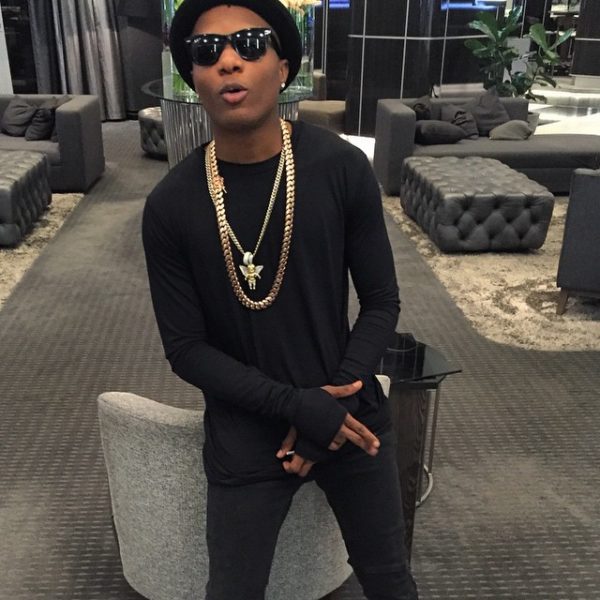
In 2016, Teju Cole joined Spotify and began following the rapper Azealia Banks and BBC Music. Soon, he began compiling interesting playlists for his followers. The most popular one was the 13-track “The Liquid Grooves of Lagos,” a cross-generational sample that had everybody from Bobby Benson and Fela and Sunny Ade to WizKid and Burna Boy. Here is how he introduced it on Facebook.
The Liquid Grooves of Lagos:
For your Friday and for mine, I made a compilation I’ve named “Liquid Grooves of Lagos.” Listen, this might be the most beautiful playlist I’ve made yet. I don’t know.
What is a groove? Continuity of feeling with or without development.
Here’s what’s happening in these danceable but not hectic mid-tempo tracks: Every single one of them is beautiful. You’ll hear the typical cosmopolitan mix of influences that characterizes Nigerian music, especially Nigerian city music. I call it “of Lagos” because that is where I heard this music growing up, though some of it is made by people in other parts of the country. “Of Lagos” because the very point of Lagos is that the energy comes from all over the country, and all over the world. The core of the selection is in Yoruba (my mother tongue) and in English, but there are Igbo language tracks as well, because Lagos belongs to us all.
The main currents are juju, rumba, Afrobeat, Afrobeats, highlife, and the places where all those things meet. Music not in a hurry. (Impress your friends at the office and put this on, trust me…).
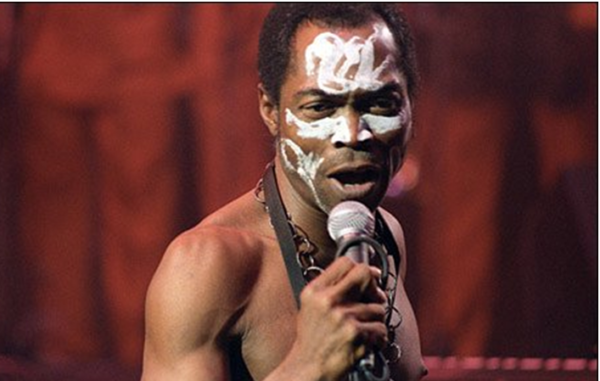
For me, the two core Lagos musical geniuses, and among the very greatest of world musicians, are also the core of this playlist: Sunny Ade and Fela Kuti. Sunny is represented here by “Ogidan O Ni Se Barber” (a proverb: if the leopard opens a barber shop, the dog doesn’t go there for a haircut: meaning “recognize your limits, don’t take foolish risks”). Fela is represented by one of his lesser known but most luxuriantly beautiful tracks, “Look and Laugh,” which rolls in at a breathtaking groovetastic length of thirty minutes. It’s so beautiful that you forget he’s singing about how fucked up things can get in Lagos. The difference between Sunny and Fela, and how they represent the two faces of Lagos, is something I’m going explore in-depth one of these days.
Back to the playlist. I have Burna Boy and Wizkid (both heavily influenced by Fela) representing the current generation, and the track by Bobby Benson, “Taxi Driver,” is from the 1950s. So, this compilation is sixty years’ worth of that good-time feel-good vibe that makes the city of Lagos—as maddening as it is—the place everyone wants to be.
Enjoy.
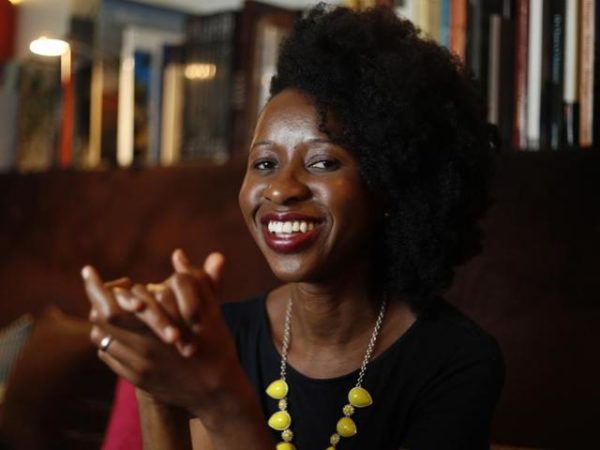
Weeks ago, Imbolo Mbue was interviewed by our editor, Ainehi Edoro. In their discussion of her novel, Behold the Dreamers, Ainehi asks about her representation of her characters’ music realities.
You feature a good bit of African pop hits in the novel: tracks like Meiway’s “200% Zoblazo” and PSquare’s “Chop My Money.” I found myself stopping in the middle of a paragraph to go find the song you mentioned on Spotify and listening to the track as I continued reading. It was so fun! Why was it important to you to give the narrative a strong musical context? What does music do for your characters and your sense of their fictional world?
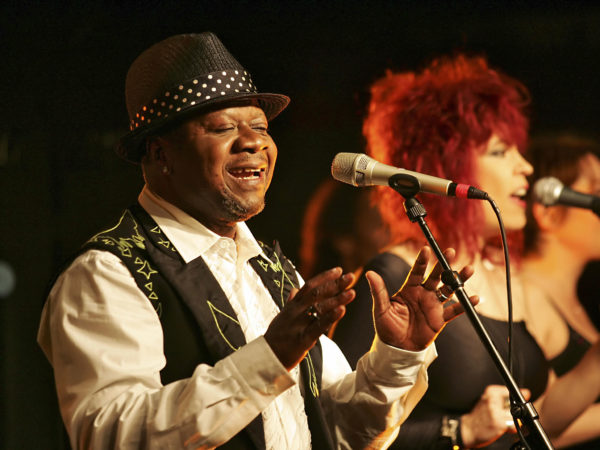
This is Imbolo’s response:
Growing up in Cameroon, I was exposed to music from all over Africa and perhaps the inclusion of musicians from various parts of the continent was a celebration of that. And of course, there’s nothing like a great African party where the jollof rice is delicious and the music is flowing and people are cutting out soukous and makossa and ndombolo and for a little while you forget you’re in a whole other continent.
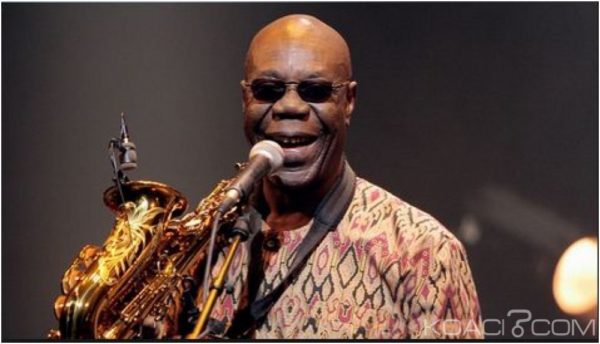


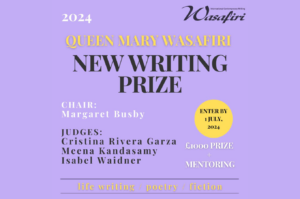
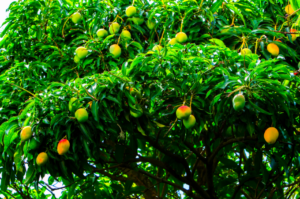

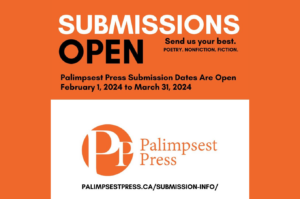
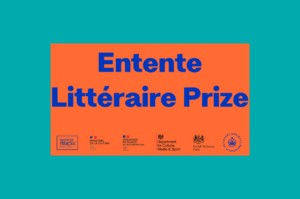


Michael Babajide August 17, 2017 01:25
Nicely written